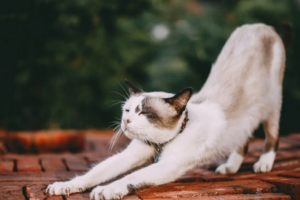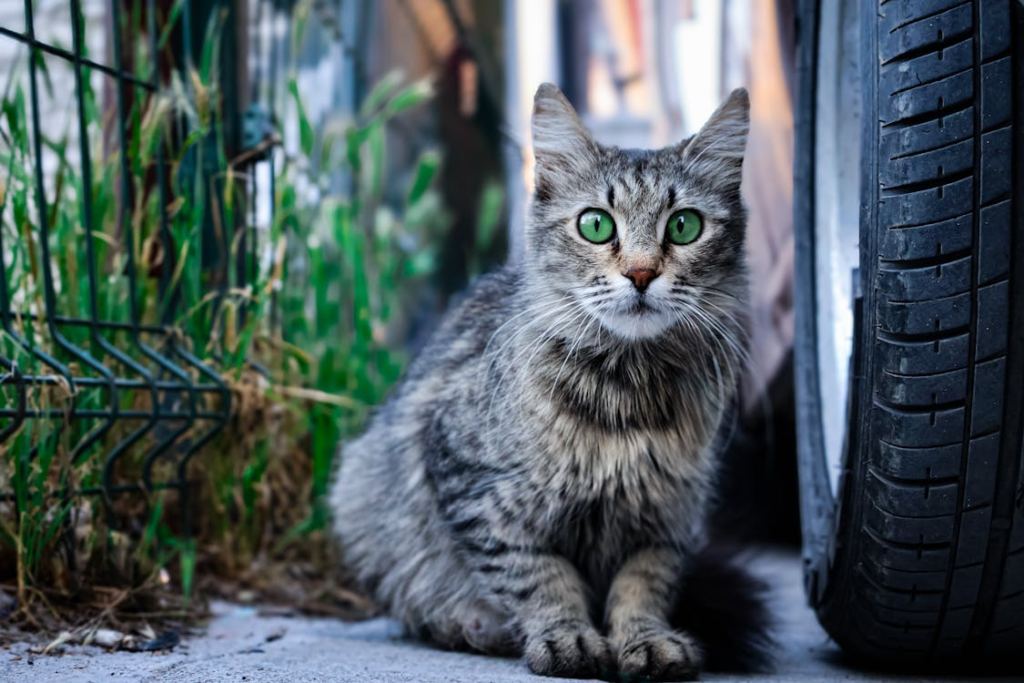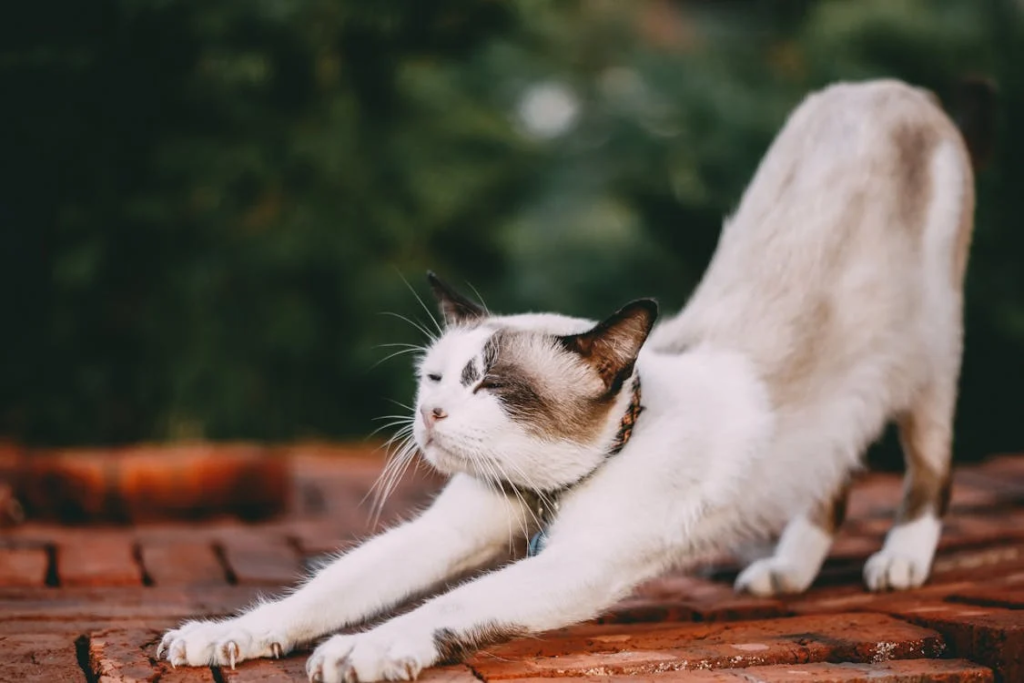What Is Cat Spraying?
Cat spraying or urine spraying is a common behavioral problem in most sexually mature cats. Keep in mind that cat spraying is not the same as having “accidents”, or urinating outside their litter box. Cat spraying or urine spraying is oftentimes done on vertical objects, such as walls, furniture, windows, and even human legs! Usually, the cat will sniff on the target object, then turn around, and with the tail erect, will direct cat spray (urine) to the target. Take note that cat spraying is an intentional action.
Cat spraying happens more often in male cats, but it is possible for neutered males and female cats to also release cat spray. Cat spraying increases when they are sexually active and during mating season. Female cats in heat oftentimes spray to attract male cats.
How to Prevent Your Cats from Spraying?
First thing to do is to take your cat to a veterinarian for a checkup for you to be able to rule out medical and health problems. You need to find out the cause of spraying and, if possible, try to resolve it immediately. Neutering and spaying is the most effective way of preventing cats from spraying. If your cat is spraying as a reaction to another cat, then minimize your cat’s exposure to the other cat. If the reason is stress, reduce the stress by spending more time with your cat. Cat spraying can be minimized if you follow these.
If cat spraying is done on one location only, what you can do is to place your cat’s water and food bowls near the spray location because cats are known to be clean animals and won’t like to spray or urinate near their food and water source. Clean the area thoroughly with vinegar and spray Feliway where your cat has been spraying. Feliway is a synthetic pheromone that mimics the feel good pheromones cats produce. Speak to your veterinarian if the cat spraying problem continues.
There are also several anti-anxiety medications that are proven helpful in eliminating spraying behavior in cats. Progestins may be recommended. I advise you to speak to your veterinarian about the possible side effects before using any of the medications.
Remember, you should never punish your cat for spraying. This will only worsen the situation and might cause your cat to spray more!








